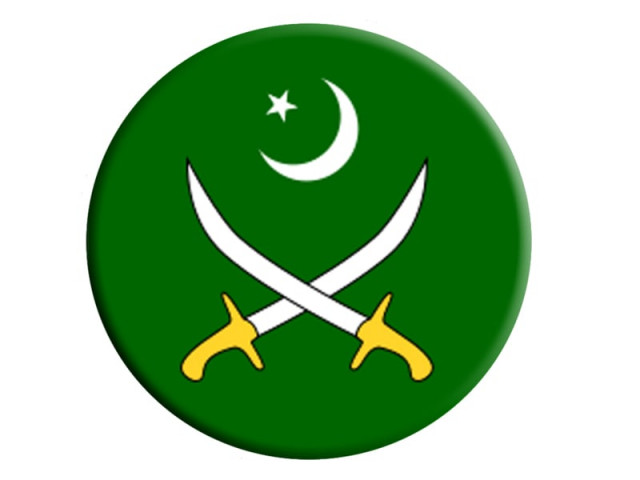Why so late, General?
Lt Gen (retd) Shahid Aziz needs to explain why he did not resign despite his reservations about how Kargil transpired.

Lt Gen (retd) Shahid Aziz needs to explain why he did not resign despite his reservations about how Kargil transpired. PHOTO: FILE
What’s truly tragic about the Kargil operation is how we never seem to learn from our follies. Our 1965 war with India was also sparked by a similar incursion into Indian Kashmir, the details of which resided exclusively with Ayub Khan and a few of his trusted subordinates. Unlike Kargil, that turned into a full-scale war because no one was around to tell Ayub Khan what a calamitous mistake he had made. At least in the case of Kargil, Nawaz Sharif was able to order a withdrawal of troops after being forced to do so by then US president Bill Clinton. That move is likely what triggered the military coup, showing that in Pakistan doing the sensible thing never pays off.
As for General Aziz, he needs to explain why he did not resign despite his strong reservations about how Kargil transpired. Indeed, Aziz subsequently went on to accept a promotion from Musharraf and become chief of general staff of the army. Although it is preferable that Aziz spoke out now and left a record of the Kargil fiasco for posterity, we need more generals who are willing to risk their careers and go public with such damning details when it can still make a difference.
Published in The Express Tribune, February 1st, 2013.















COMMENTS
Comments are moderated and generally will be posted if they are on-topic and not abusive.
For more information, please see our Comments FAQ